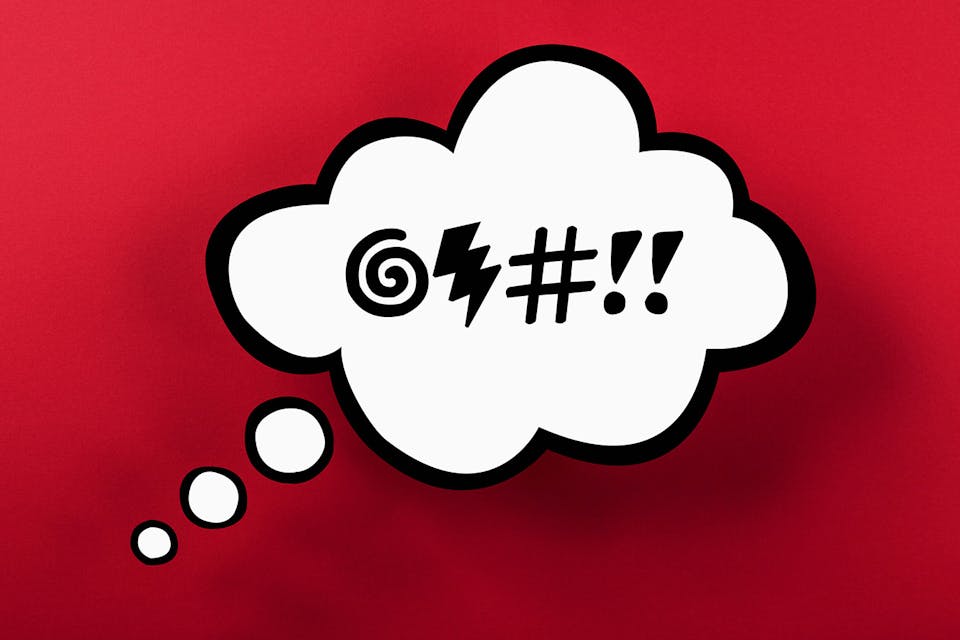
January 24, 2018
Swearing in Time and Place
By PhilologosIn Hebrew, Arabic, English, German, or any other language, taboo words are curious things.
Got a question for Philologos? Ask him directly at philologos@mosaicmagazine.com.
“Yiḥrib beytak!” the Palestinian Authority’s president Mahmoud Abbas said to President Trump in a speech given in Ramallah on January 14, words that were correctly translated by the media as “May your house be destroyed!” President Abbas was not necessarily thinking of the White House. The common Arabic expression used by him might be less literally but more idiomatically rendered in English as “Go to hell!” or “Goddamn you!”
Swear words are curious things. Some, particularly those referring to the lower parts of the human body and their functions, are all but universal. Others, like yiḥrib beytak, are limited to one or a few languages. Although anyone knowing Hebrew would recognize yiḥrib beytak in its cognate form of yeḥerav beitkha, the latter is not a phrase that is used to swear with in Hebrew, and would indeed have to be understood, if applied to an American president, as referring to his Pennsylvania Avenue residence. By the same token, translated literally into Arabic or any other language, the Hebrew curse yimaḥ shimkha, “May your name be erased,” would be assumed to allude to one’s removal from some list or document rather than to mean (as it does) exactly what yiḥrib beytak means in Arabic.